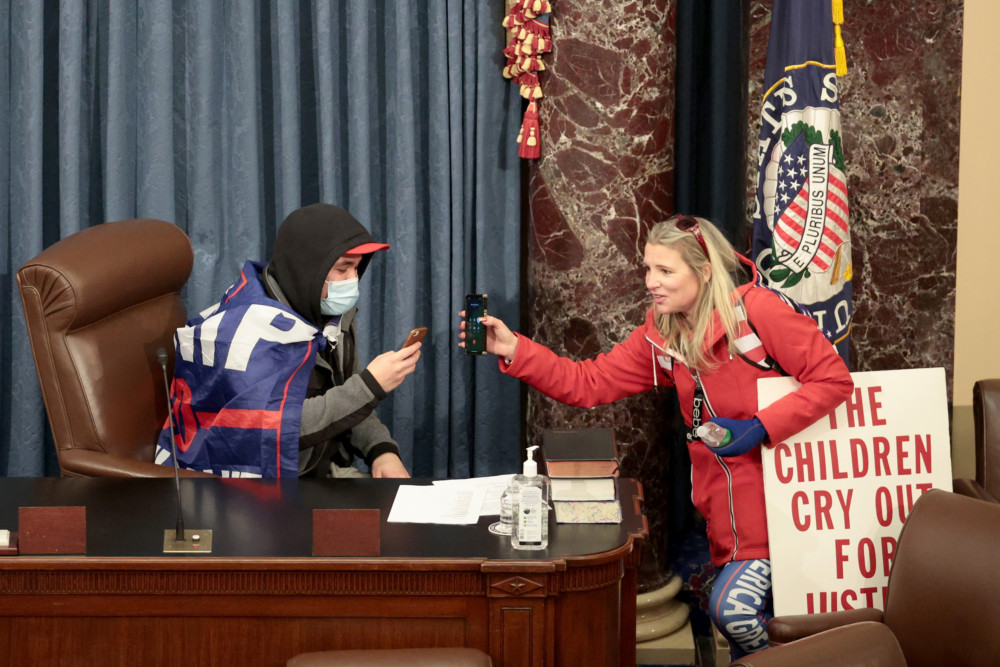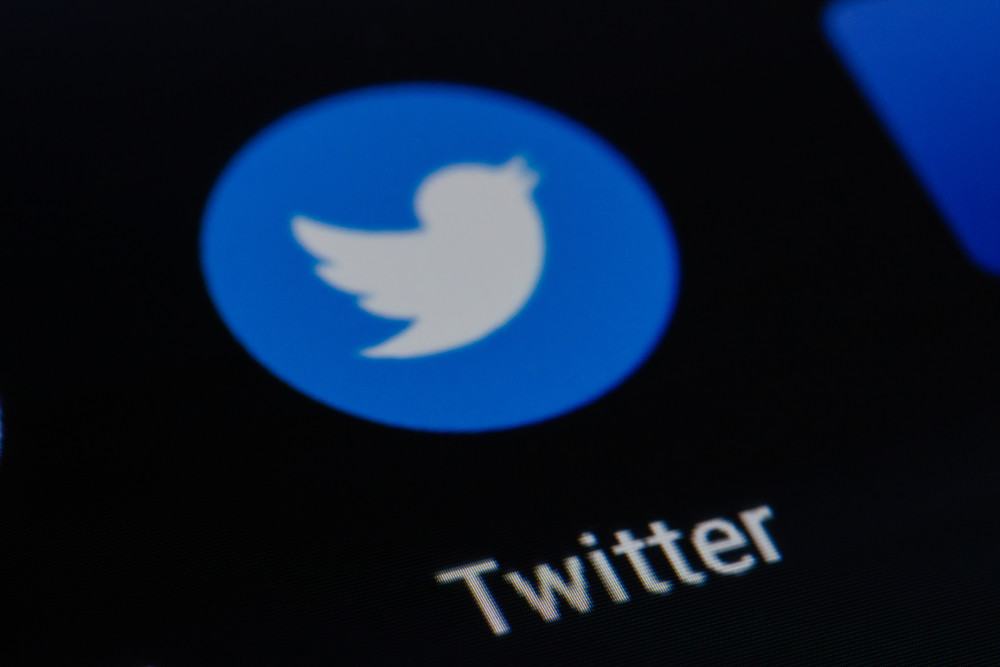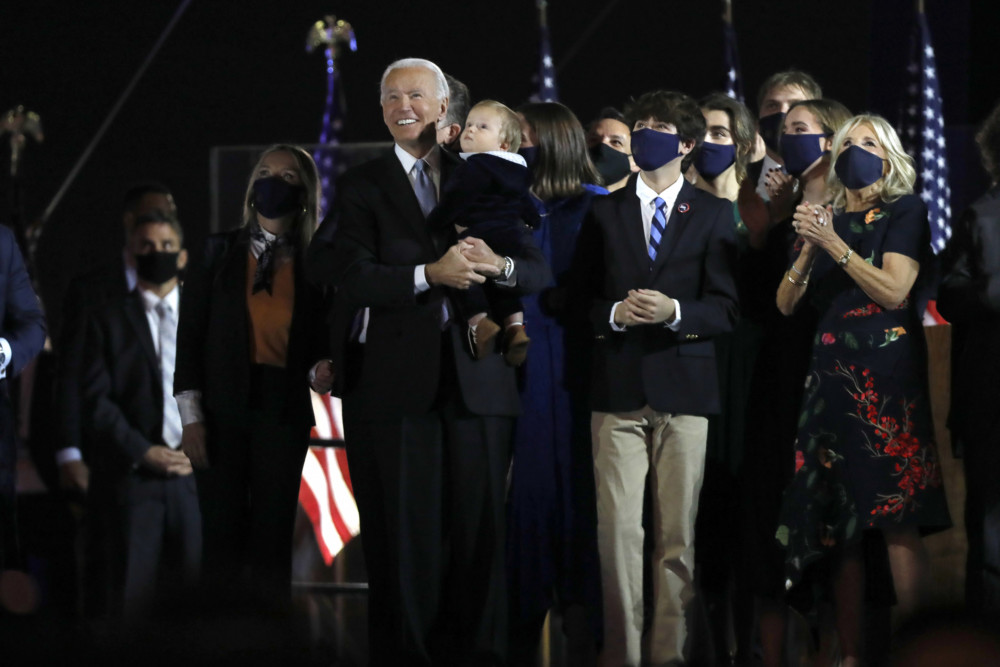By Robert Channick
Chicago Tribune
WWR Article Summary (tl;dr) The right to leave work to vote varies from state to state, ranging from no specific accommodations to several hours of paid time off.
Chicago Tribune
Hoping to encourage voter turnout for the Nov. 6 midterm elections, a growing number of companies are giving employees a half or full day off on Election Day, essentially paying them to vote.
Going beyond the hodgepodge of state laws, which may or may not allow employees to leave work for a few hours to vote, hundreds of businesses have committed to more generous policies that in some cases include closing for the day.
“Being able to take the time to vote is a real barrier for most Americans, and companies are very well-positioned to remove that roadblock for their employees,” said Colette Kessler, director of partnerships for Vote.org, a nonprofit aimed at increasing voter turnout. In March, Vote.org launched ElectionDay.org, an initiative for companies to encourage voter participation by giving employees paid time off.
The right to leave work to vote varies from state to state, ranging from no specific accommodations to several hours of paid time off. Most but not all states prevent employers from penalizing workers who take time off to vote.
Busy workdays, long lines and difficult logistics keep many employees away from voting. A study by the Pew Research Center found that 14 percent of registered voters, millions of people, didn’t cast ballots in the 2016 presidential election because of conflicting work or school schedules.
More than two-thirds of the states offer some form of early voting, but Election Day policy is the logical focal point for companies with regional or national reach.

















































































































































































































































































































































































